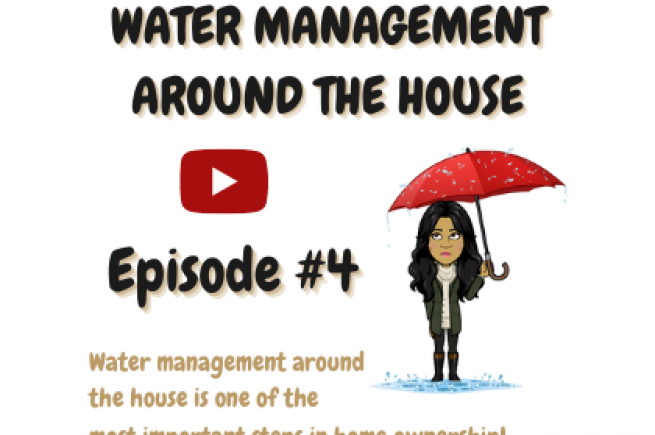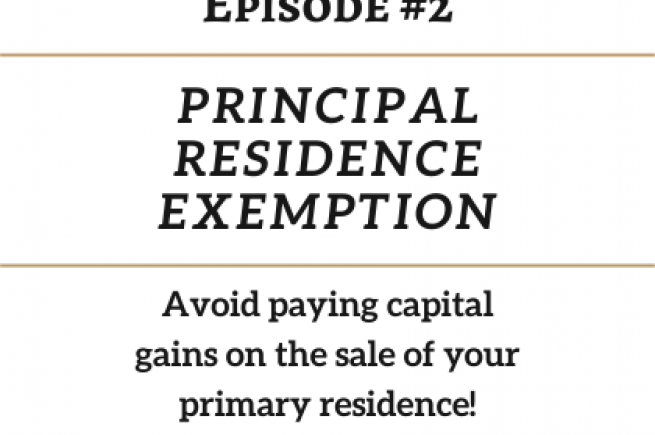I recently did a post about, “Ten Things Buyers Don’t Understand About Real Estate”. Naturally, the next topic needed to be, “Ten Things Sellers Don’t Understand About Real Estate”. So here you go, the list has been compiled based on personal experience and inside industry information that many sellers will find extremely beneficial.
1. Meaning of putting your house on Multiple Listing Service (MLS)
Many sellers don’t understand what it means to put their house on MLS. In real estate, it means that you are exposing your house to all the agents out in the market and inviting them to bring in buyers and are willing to compensate them for their efforts. There are usually two agents that are involved in the real estate transaction, the agent that lists the home and the agent that brings in the buyer.
2. The agent you list your house with doesn’t sell your house
Many sellers have the misconception that the agent that they list the house with is the one that sells the house, however that is only partly true. The job of the listing agent is to market your house to all the potential buyers and agents out there and to entice them to come look at the house. However, in most cases, another agent will likely bring in an interested buyer who will buy the house and in essence another agent sells the house. This ties with the first point, if you put your house on MLS, you are inviting all the agents out there to bring in the interested buyers and compensate them for their efforts.
Therefore, the most important aspect in choosing a real estate agent to list your home is their marketing plan. An agent that exposes your house on multiple sites to many buyers and agents out there will likely sell the house quickly and for the best price.
3. If you decide to sell privately, you still must compensate the agent bringing in the buyer
Some sellers choose to sell their house privately and use services of brokerages that put their house on MLS for a fixed fee. Remember, when you put your house on MLS, you are inviting all the agents out there to bring in interested buyers and are willing to compensate them for their efforts.
When sellers decide to sell privately, they take on the duties of a listing agent of marketing their home, accommodating showing requests from potential buyers, answering any questions, providing any documents as requested by the potential buyers etc. and therefore save on commissions that would otherwise be payable to the listing agent for the above-mentioned jobs and duties. When an agent brings in the buyer, they expect to be compensated for their efforts of pre-approving the buyer, taking the time to show many homes to the buyer and generally for guiding and connecting the buyer to their network of professionals. If you sell your house privately, you are entitled to save on commissions payable to the listing agent however, since you haven’t done the duties of an agent bringing in the buyer, the agent would expect to be compensated.
4. Listen to your agent, that’s why you hired him/her
Agents know what sells the house and what most buyers like. So, if your agent makes recommendation regarding placement of furniture, de-cluttering the house and pricing recommendations, listen to them. Many sellers will hire agents but want to price their house at a certain price regardless of what the sold comparatives say about the market. The agent might still list your house even if you don’t listen to them but honestly, they know that price reductions will be required to eventually sell the house. So, next time, you list your house, really listen to your agent. It will save you lot of time and money in the end.
5. Pricing your house right is the best strategy
There is no strategy better than pricing hour house right from the beginning. No amount of marketing can sell an overpriced house, especially to buyers who are working with other qualified agents. If you price your house right from the beginning, your house will sell fast and for the most money possible. There are lot of different strategies with selling houses, from offers date to offers as received and pricing anywhere within an acceptable range and every strategy comes with some advantages and disadvantages. Make sure you know what the cons are to a specific strategy and what will likely happen to the price if the house doesn’t sell within a specific time frame.
6. Market price is not the amount of renovations plus cost
Another misconception that many sellers have is about the market price of their home. The market price of your house is not what you paid plus all the improvements you have done over the ownership period. The market price is determined by the recent solds in the neighbourhood which is driven by supply and demand. So, if you buy a house that is at the top of the market in terms of price in a particular neighbourhood and you do lot of expensive renovations to the house, it is safe to say that you will not recover your money when you sell it. When you decide to do any renovation projects, consult your real estate agent to ensure that the renovations plus the cost of the house stay under the market price at all times. The hardest house to sell is the most expensive house on the block!
7. Stop getting offended
I have been on the both sides of the transaction and I have seen many sellers get offended with offers that were potentially lower than what they were expecting. First, sellers need to understand that their objective of getting the most for their house is not similar to buyers’ objective of paying the least amount of money possible for the house. So, stop getting offended. Entertain all offers!
8. Buyer is always willing to pay more, keep the negotiations open
Every single time I have written an offer, the buyer was always willing to pay more. So, as a seller, when you reject an offer outright and don’t even try to negotiate, you really loose out on closing a deal. When you are selling a house, keeping emotions in check will really help you out in the long run. Think objectively and always try to negotiate with all the offers. You never know if the buyer is willing to pay more until you counter offer.
9. The longer the house sits on the market, the greater the chance of low offers
There is inverse relationship between days on market and the selling price. As the days on market increases, the likelihood of lower selling price increases. Therefore, it is very important that the house is priced right at the beginning. An over priced house will sit on the market for a very long time and will eventually end up selling below market price in most cases. Another reason for that is buyers are wary of houses that have been on the market for a long time because most of them will assume that something is wrong with the house.
10. Get an agent and get your house sold
You can do lot of things yourself – file your own taxes, register your own business, make your own website, do your own marketing and sell your own house. The fact is that your knowledge and expertise will never match that of a professional who does these things everyday. There are some things that only industry professionals know and no matter how much you read about a certain subject, reality is quite different. So, next time you are in the market to sell your house, get professional help and representation, it will make the process so much easier and joyful!




